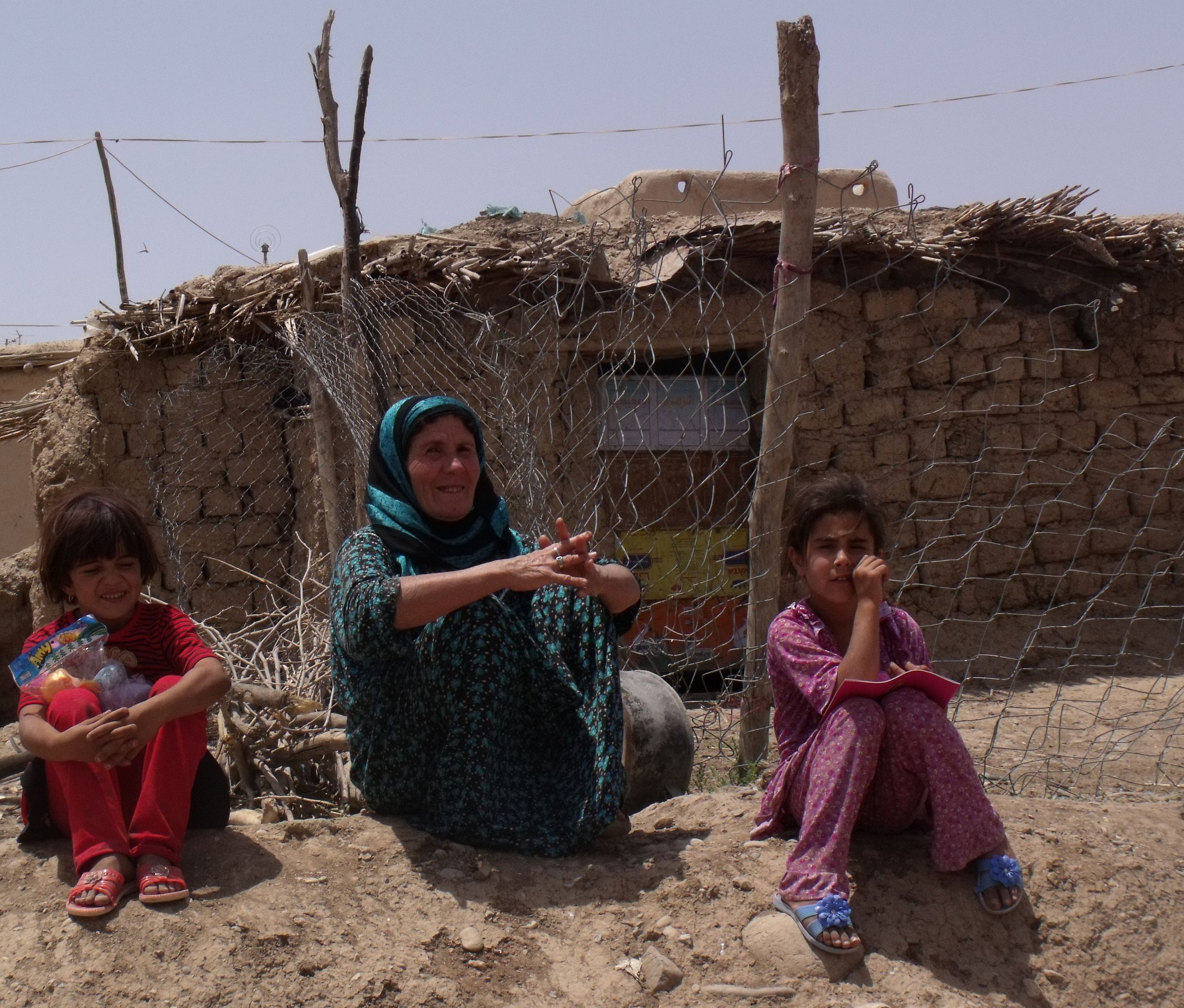Radio feature on WADI’s efforts to improve the situation of Free FGM Villages in Iraqi-Kurdistan
“Fichar” program at Radio Deng, an independent Radio station in Kalar, did a feature on WADI as one of the main initiators of the fight against female genital mutilation (FGM) in Iraqi Kurdistan.
WADI’s efforts have sought to, among other things, raise awareness of FGM and, thanks to these efforts, many villages in Kurdistan and especially in Germiyan have decreased their rates of FGM or have ceased to practice it entirely.

Hasira and Mil Quasim Villages are part of the Free FGM Village program Wadi has initiated since 2011.
Until today seven villages, who officially have abandoned the practice have joined, more should follow next year in a cooperation project with UNICEF.
Translation of the feature:
As part of efforts to improve the lives of women in the villages, WADI has provided each village with a caravan for their local schools, allowing 15 pupils to remain in school and avoid needing to drive a long way to neighboring towns.
Abdul Qadir Ibrahim Karim, the principal of the school in Hasira, says to Radio Deng that thanks to the caravan they were able to offer 8th and 9th grade education to the pupils.
The school building can only house four classes and, before the caravan, pupils were forced to travel to Sar Qala to attend school. Because of this commute, many students, especially girls, were not able to finish their education.
This problem, explains Mr. Karim, has been eradicated and now the 8th grade has 11 students and the 9th grade has 9 students.
Peyam Hussein, a female student from Hasira, told Radio Deng that without WADI’s efforts, she and tens of other girls in this village would have had to end their education. For girls, having traveling 35 kilometers to either Waliher or Sar Qala every day is not easy. She continued, saying, “We are very grateful that you have expanded our school.”
Trifa Rashid, a 35 year old woman from Mil Qasim, explains that because of WADI’s efforts the women of the village are exposed to less violence and, importantly, their children are also saved from being illiterate and without education. “Since WADI came to our village, we have stopped mutilating our girls like we did before, and we have also attended sewing classes provided by WADI. Thanks to those classes I can sew clothes for my children.”
Before they received this help, many girls were unable to finish school and remained illiterate. One of these girls, 17-year-old Chawan Wali, wishes someone could provide the village also with reading classes for older people so she too can learn how to read and write.






 Clinton: 'Cultural Tradition' is No Excuse for Female Genital Mutilation
Clinton: 'Cultural Tradition' is No Excuse for Female Genital Mutilation


